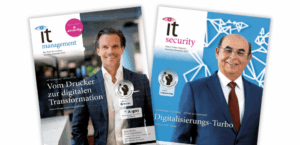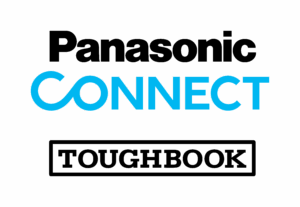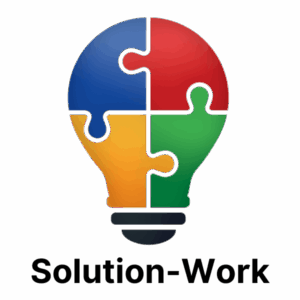Hogan Assessments has analyzed the complex performance mechanisms of the Olympic Games and identified three important factors that are also relevant for the development of your professional potential.
The Olympic Games and everyday office life. Two areas that are seemingly miles apart and yet have numerous parallels. With this in mind, the experts at Hogan Assessments, the provider of personality assessments and corporate leadership consulting services, have identified three strategies you can use to advance your career.
1. train conscientiousness
One personality trait that is often associated with motivation and sporting performance is conscientiousness. This character trait makes not only athletes, but people in any professional environment reliable, organized, disciplined and goal-oriented. Olympians (as well as professionals), in whom conscientiousness is particularly pronounced, place high demands on themselves and strive relentlessly to achieve their goals. By encouraging diligence, perseverance and commitment in training and competition, athletes with high scores for this factor have a higher chance of success.
“In the workplace, conscientiousness translates into higher productivity, a strong sense of quality and a solid sense of purpose. In this sense, developing and reinforcing this trait is key to strategically paving the way for the next career or professional sprint. This is a trait that is not only noticeable in the short term, but also in the long term. After all, career success and consistency go hand in hand,” explains Dr. Ryne Sherman, Chief Science Officer of Hogan Assessments and co-host of The Science of Personality podcast.
2. always keep the goal in mind
In sport, the importance of the pre-competition routine cannot be emphasized enough; it is incredibly important. This routine is essential for the result, it has a performance-enhancing effect on athletes and prepares them optimally for the competition. Olympic athletes usually try to actively avoid distractions before the competition. This includes, for example, runners keeping their eyes firmly fixed on the track and concentrating solely on the race ahead. “Similarly, this approach can also be applied in professional life at important moments to focus on the essentials and maximize one’s potential – for example, before a job interview for a promotion or a particularly important negotiation,” Dr. Sherman analyses.
Another common practice among athletes is to visualize how they will perform at their best before a competition. This can boost the self-confidence of Olympic participants and at the same time take away their fear of critical moments. “These are strategies that can also be used in professional life, especially in stressful situations,” says Dr. Sherman.
3. finding the perfect balance between collaboration and competition
At the Olympic Games, athletes have to compete against each other, but you also see them helping each other and talking to each other before or after the competition. These are of course two completely different dynamics, but they are equally important as they complement each other and ultimately increase their performance potential. This can also be applied to the business world. Through feedback, support, encouragement and guidance, one can compete at the highest level in professional life while contributing to the overall vision of a company as a team player. “Companies grow and fail competitively, but to be successful, collaboration is also necessary,” concludes Dr. Sherman.
(ds/Hogan Assessments)
















